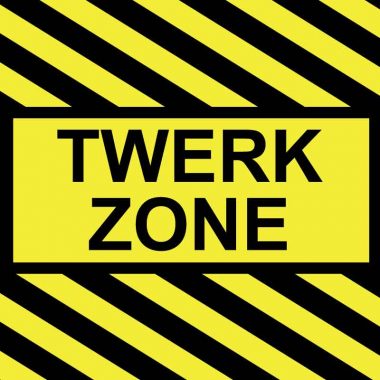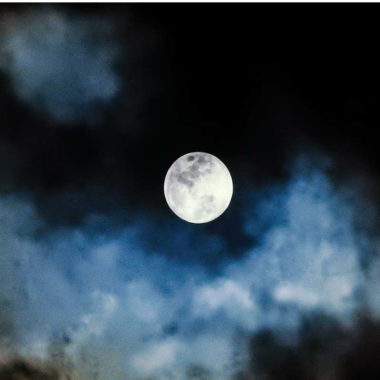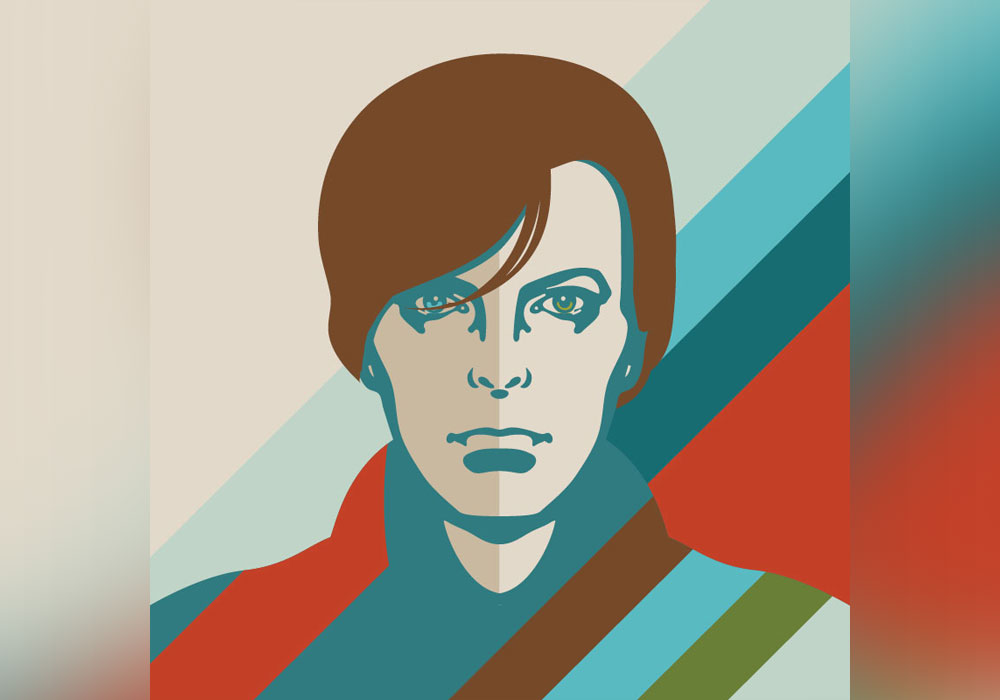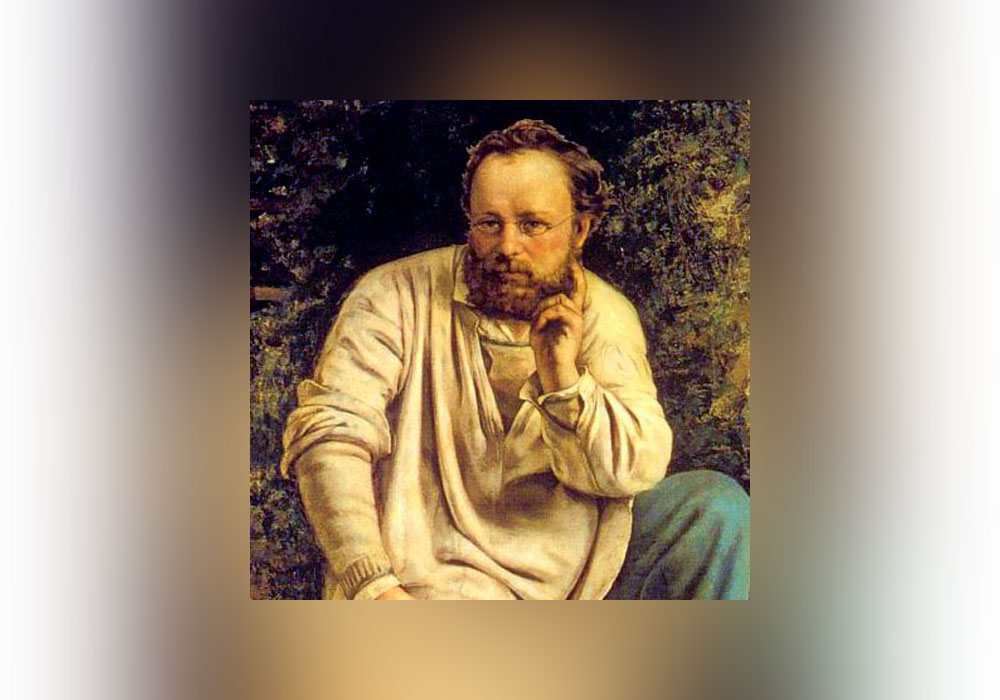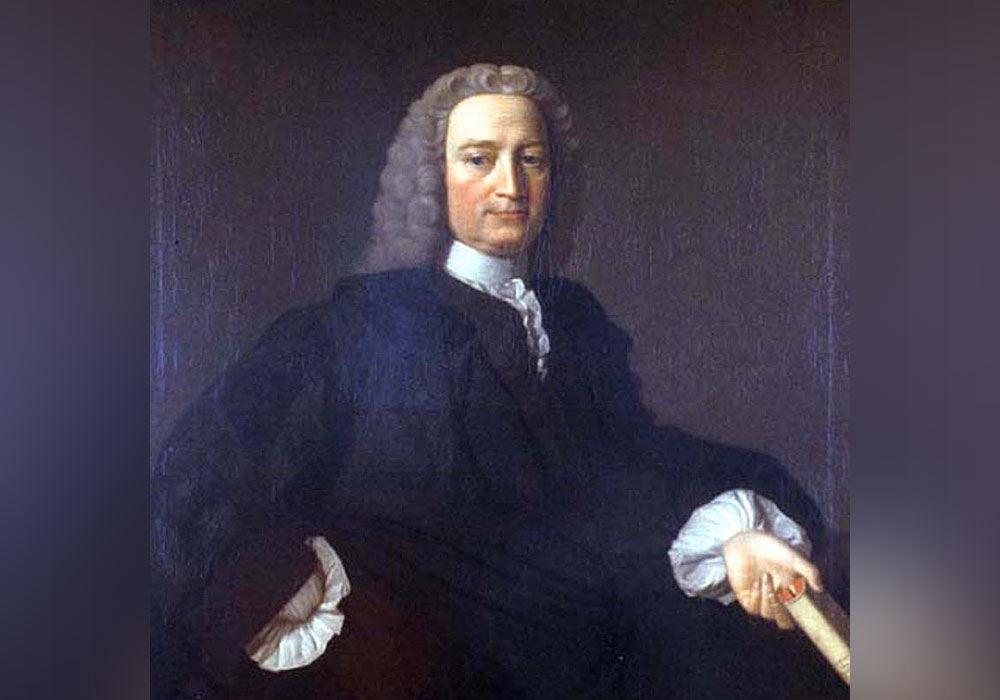What Does The Phrase “Lean In” Mean?
As flashy and fun as the terms selfie and binge-watch are, it’s important to keep in mind another, more business-casual buzzword of the 2010s: lean in. In fact, this term existed before Facebook COO Sheryl Sandberg started using lean in to encourage women to embrace challenge and risk in the workplace. What is the traditional meaning of lean in? Traditionally lean in has been used in the …

